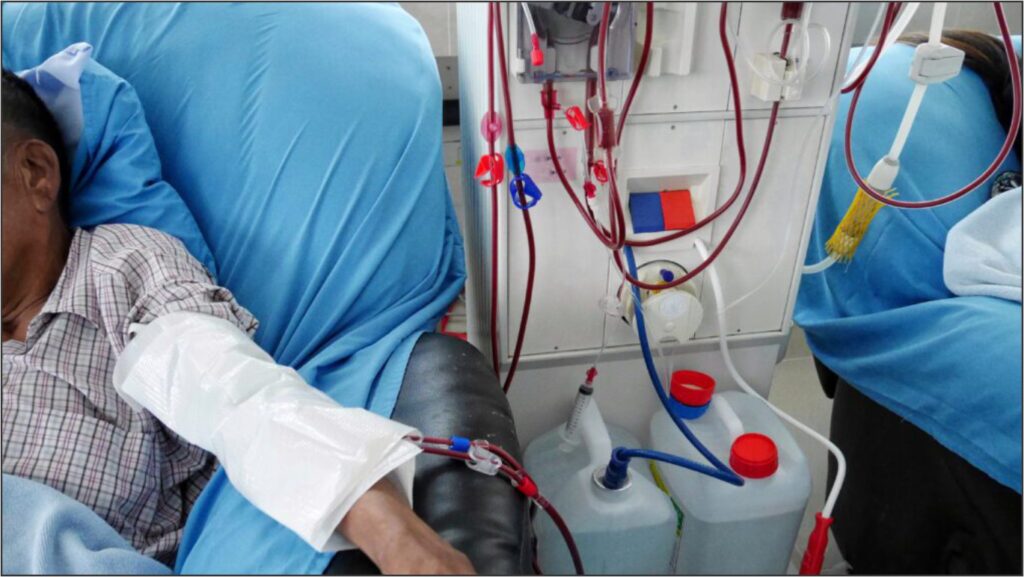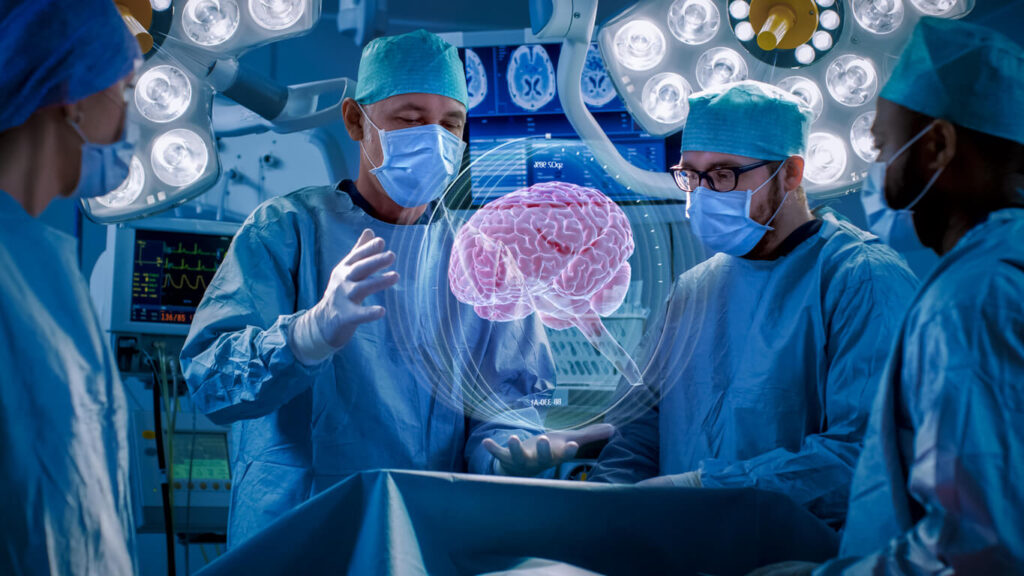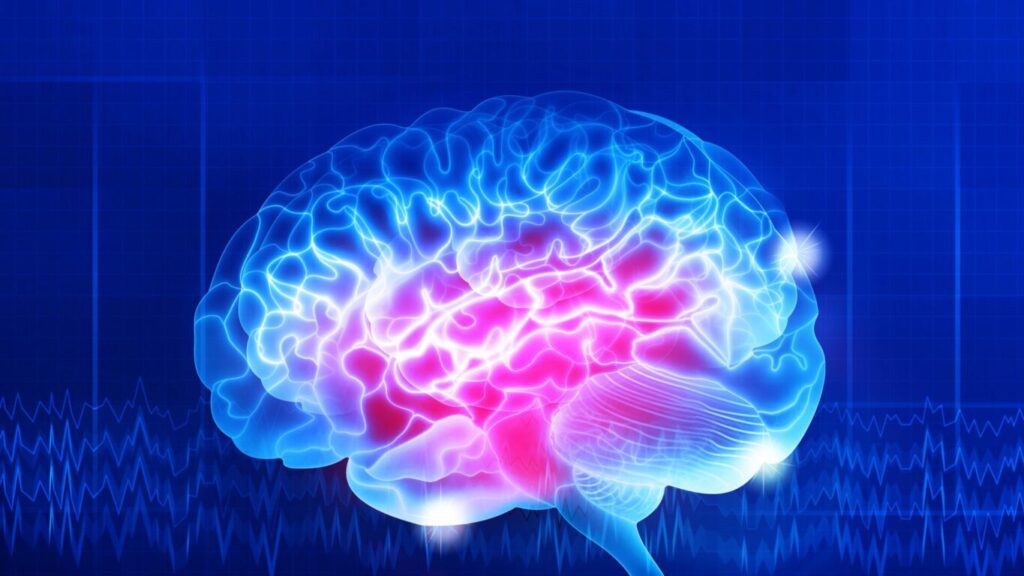Dialysis is a life-saving treatment for people with kidney failure. When the kidneys no longer function properly, dialysis helps perform the essential tasks of filtering waste, balancing fluids, and regulating blood pressure. At Awesome Grace Hospital, we offer top-notch dialysis services to ensure that our patients with kidney disease receive the care they need.
What is Dialysis?
Dialysis is a medical procedure used to remove waste, excess water, and salt from the blood when the kidneys are no longer able to do so effectively. It is a critical treatment for patients suffering from chronic kidney disease (CKD) or acute kidney failure.
Types of Dialysis
There are two main types of dialysis:
- Hemodialysis: Involves a machine that filters the blood outside the body through a special filter called a dialyzer.
- Peritoneal Dialysis: Uses the lining of the abdomen (the peritoneum) to filter the blood. A special fluid is introduced into the abdominal cavity, absorbs waste, and is then drained out.
Why Is Dialysis Necessary?
Without dialysis, waste and fluids build up in the body, leading to dangerous health complications. Dialysis helps to prevent conditions like swelling, high blood pressure, and even organ failure, by ensuring the body maintains a healthy balance of fluids and electrolytes. Dialysis has a significant impact on a patient’s daily routine. For hemodialysis patients, sessions are usually scheduled three times a week and can last several hours. This requires careful planning around work, school, or family responsibilities. For peritoneal dialysis, daily treatment can take a couple of hours, requiring patients to follow a strict routine at home.
Managing Life on Dialysis
Dialysis can have a significant impact on daily life, but with proper care, patients can continue to lead fulfilling lives. At Awesome Grace Hospital, we support our dialysis patients with personalized treatment plans, including dietary guidance, emotional support, and regular monitoring to ensure the best possible quality of life.
Managing Diet and Fluid Intake
Dietary changes are necessary for dialysis patients to manage their condition. Limiting fluid intake is crucial to prevent fluid buildup in the body. Foods high in potassium, phosphorus, and sodium may need to be restricted, and a dietitian can help create a meal plan that ensures proper nutrition while preventing complications.
Coping with the Emotional Impact of Dialysis
The emotional and psychological challenges of kidney disease and dialysis can be overwhelming. Patients may feel frustrated, anxious, or depressed due to the nature of their treatment. It’s important to acknowledge these feelings and seek support from loved ones or professional counselors. At Awesome Grace Hospital, we offer counseling services and support groups to help patients cope with the emotional impact of dialysis.
Staying Active and Healthy on Dialysis
While dialysis requires adjustments to daily life, many patients are able to maintain an active lifestyle. Regular physical activity can help improve circulation, manage weight, and boost overall health. Our healthcare team works with patients to find safe and effective exercises that suit their individual needs and abilities.



